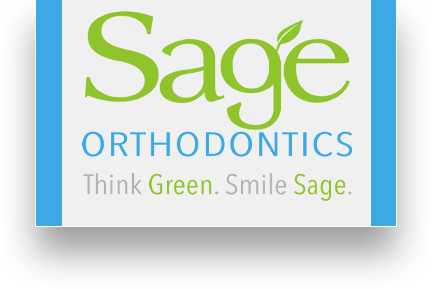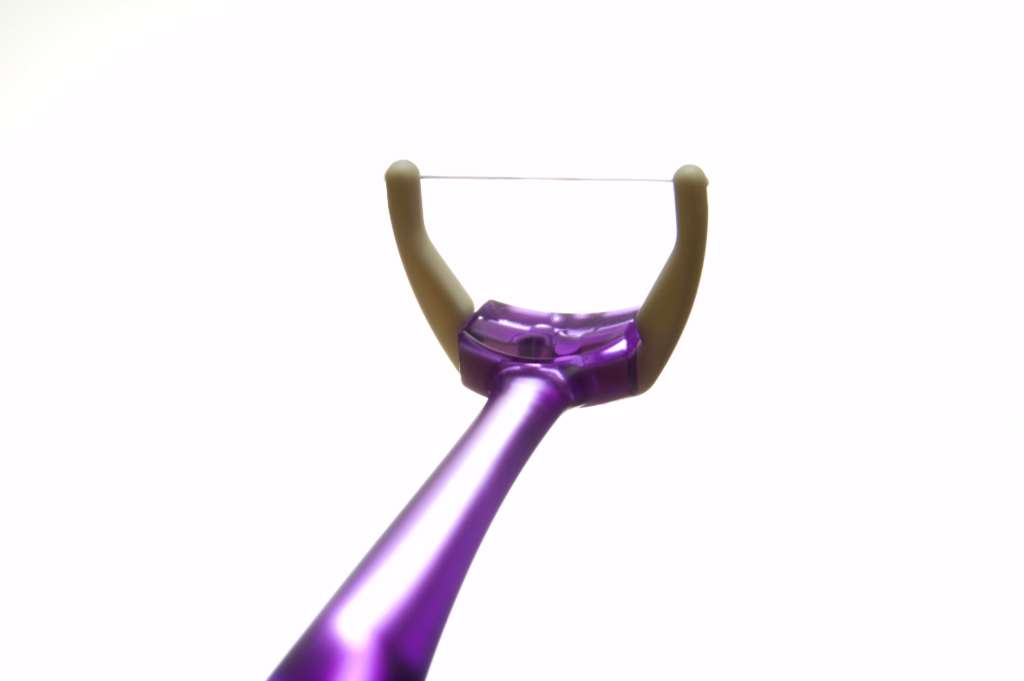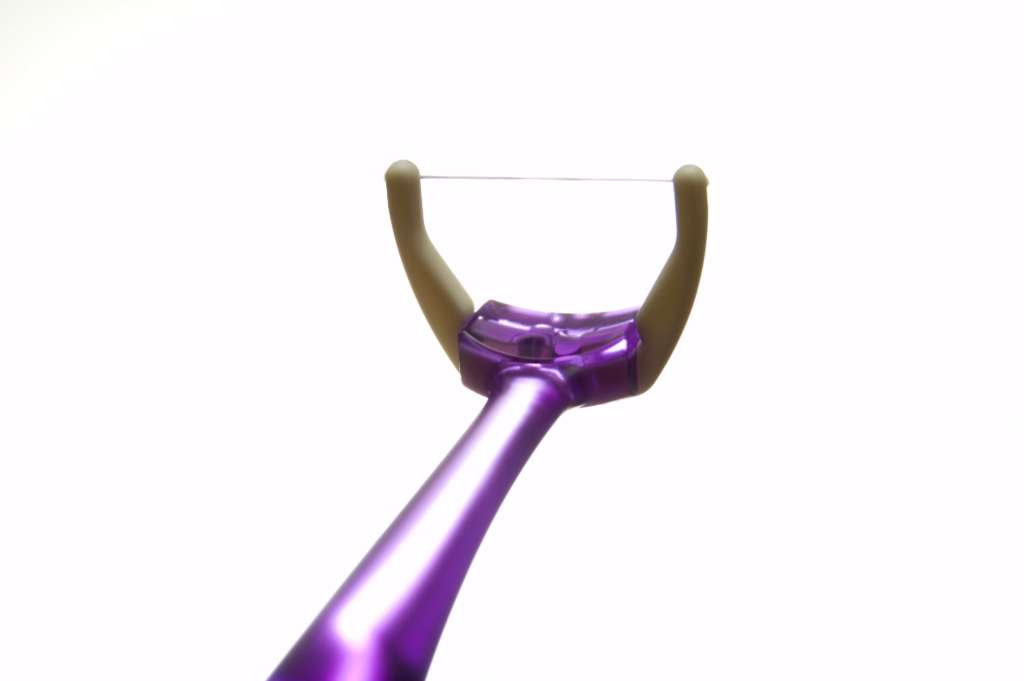
It’s common knowledge that plenty of beverages are not good for your health. The excessive amounts of sugar, caffeine, or alcohol found in a lot of popular drinks have well-documented impacts on your body. However, you may not be aware of the immediate impacts that these beverages can have on your teeth. Below is a list of some common beverages and tips for enjoying them responsibly.
Soda, Juice, and Energy Drinks
The high sugar content in these drinks can have a negative impact on your physical health. Less obvious however is the effects that they can have on your teeth. As with any sugary food, prolonged exposure can lead to the damage and decay of your enamel, opening the door for cavities and other issues to occur.
Coffee
Many popular coffee drinks contain just as much sugar as sodas and juices. However, even people who drink their coffee black run the risk of damaging their smile. Excessive coffee consumption can stain your teeth, though the amount of discoloration experienced varies from person to person.
Wine, Beer, and Liquor
Though it seems obvious that red wine can stain your teeth, all wines pose a similar risk of damage. Likewise, darker beers can gradually stain your teeth depending on the frequency of consumption. While hard liquors generally don’t pose as much of a risk to your enamel on their own, the mixers they’re often served with can.
How to Protect Your Teeth
After consuming one of these beverages, your first impulse might be to brush your teeth as soon as possible. However, rushing to brush could actually be doing more harm than good. All of the aforementioned beverages contain high levels of acid. This acid has a softening effect on your enamel, and the pressure applied during brushing can potentially further this softening. Instead, it’s recommended that you follow sugary or acidic drinks with water and wait 30 minutes to brush. It is also beneficial to swish the water around as you drink it, as this will help gently rinse off all of your teeth and allow the enamel to harden before you brush.
Watching your diet can benefit your teeth as much as it benefits the rest of your body. However, moderate consumption of any of these beverages won’t cause an issue provided you maintain a proper oral care routine that includes regular brushing and flossing, as well as professional cleanings at least twice a year. Contact Sage Orthodontics of Portage today to schedule your next appointment!









